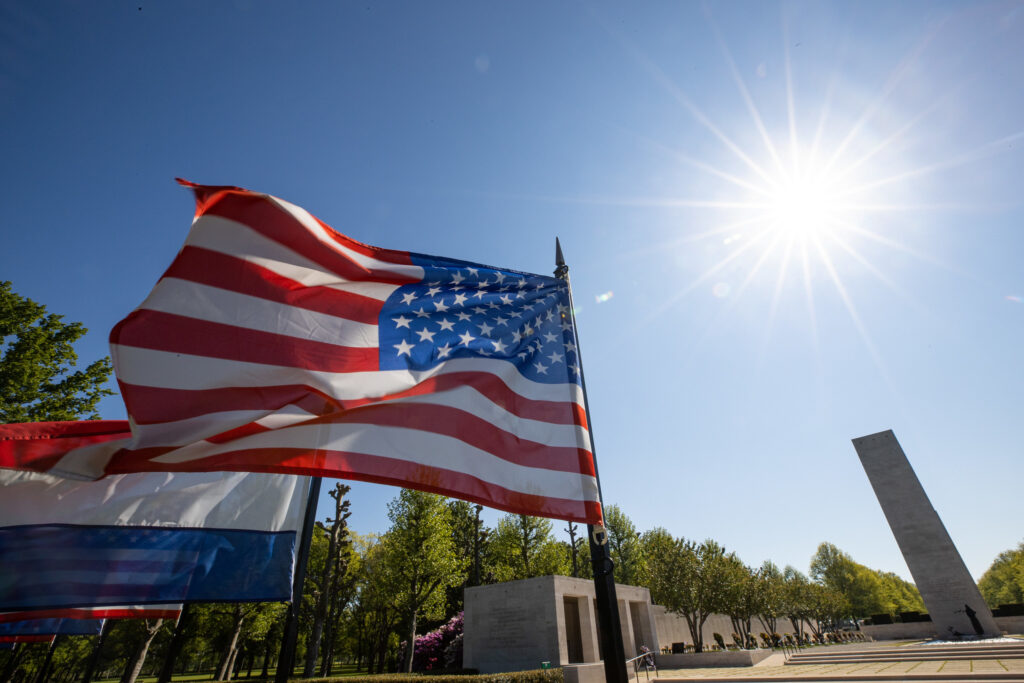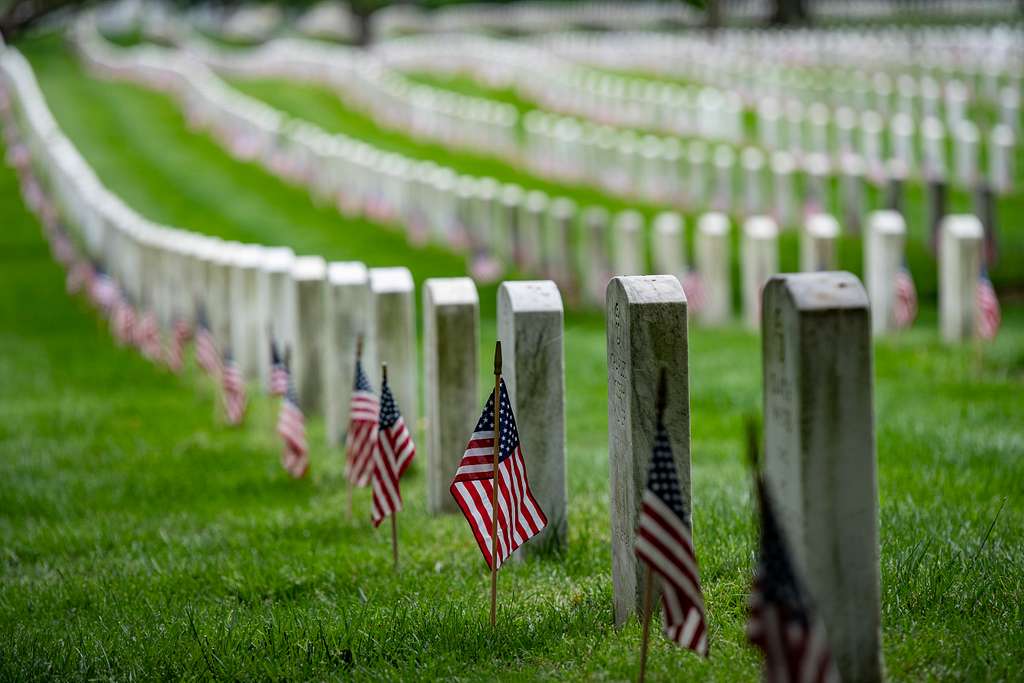The History of Memorial Day: Honoring Those Who Served
As the summer season begins, and the warm breeze ushers in long weekends and backyard barbecues, Memorial Day stands as one of the most solemn and significant holidays in the United States. It’s a day when the nation pauses to honor the brave men and women who have made the ultimate sacrifice in service to their country.
But beyond the barbecues, parades, and the official start of the summer season, Memorial Day holds deep historical roots, tracing back to the aftermath of the Civil War. Its meaning has evolved over the years, becoming a day for remembering not only those who served in the Civil War but all U.S. military personnel who have died in the line of duty.
The Origins of Memorial Day
The history of Memorial Day begins in the years following the Civil War, a conflict that left a deep scar on the nation. After the war ended in 1865, the country was in mourning, and families across the North and South had lost thousands of soldiers. The first observances of what would eventually become Memorial Day began as local efforts to honor the dead.
One of the earliest commemorations took place in Charleston, South Carolina, where women’s groups began decorating the graves of soldiers in 1865. These spontaneous acts of remembrance spread throughout the country as communities began holding their own ceremonies to honor fallen soldiers.
The first official national recognition came in 1868 when General John A. Logan, the national commander of the Grand Army of the Republic (a veterans’ organization of Union soldiers), called for a nationwide day of remembrance. He declared May 30th as Decoration Day, a time for citizens to decorate the graves of those who had died in the Civil War with flowers and flags.

Decoration Day to Memorial Day
Over the next few decades, communities across the nation continued to observe Decoration Day, often holding parades, speeches, and other events to commemorate the fallen soldiers. However, it was not until after World War I that the holiday began to take on a broader significance.
With the advent of World War I, Americans began to honor all military personnel who had died, not just those from the Civil War. The holiday evolved from a day to remember soldiers from a single conflict to one that honored those who had fallen in all U.S. wars.
In 1971, Memorial Day was officially recognized as a federal holiday and moved from its traditional May 30th date to the last Monday in May. The shift to a Monday holiday was part of the Uniform Monday Holiday Act, which aimed to provide more three-day weekends for the nation’s workers, but it also helped make Memorial Day a more widely observed event.
The Meaning of Memorial Day Today
Today, Memorial Day is much more than just a long weekend marked by parades and picnics. It’s a day for reflection and honoring the lives of the men and women who died while serving in the U.S. military. The holiday serves as a reminder of the sacrifices made by countless individuals, whose names may not always be remembered but whose courage and commitment to the nation should never be forgotten.
One of the most powerful traditions associated with Memorial Day is the National Moment of Remembrance, observed at 3 p.m. local time each year. This one-minute moment encourages all Americans to pause, reflect, and remember the fallen soldiers who gave their lives in service to the nation.
The Tomb of the Unknown Soldier in Arlington National Cemetery also plays a central role in the day’s observances. Each year, the president of the United States participates in a solemn ceremony at the cemetery, laying a wreath at the tomb to honor the country’s fallen soldiers.

A Day for Family, Community, and Patriotism
While Memorial Day is undoubtedly a day for solemn reflection, it’s also an opportunity for families and communities to come together. Barbecues, picnics, and family gatherings are common as Americans take the long weekend to spend time with loved ones. Parades and local events often feature veterans and military personnel, reminding everyone of the personal connection the holiday has for many in the community.
But through it all, Memorial Day remains a day to honor the fallen and to express gratitude for the freedoms that have been safeguarded through their sacrifice.
Memorial Day is a time of deep reverence for the men and women who have given everything in service to their country. From its roots in the Civil War to its present-day observance, it has become a national moment of remembrance and respect. As we gather for barbecues and enjoy the company of family, we must not forget the true purpose of Memorial Day: to honor and remember the fallen heroes who have shaped the history of our nation.
Robbie Perdue
is a native North Carolinian who enjoys cooking, butchery, and is passionate about all things BBQ. He straddles two worlds as an IT professional and a farmer who loves heritage livestock and heirloom vegetables. His perfect day would be hunting deer, dove, or ducks then babysitting his smoker while watching the sunset over the blackwater of Lake Waccamaw.


You May Also Like

A Guineafowl Shoot In Zambia
June 13, 2020
The Art of Southern Refreshment
February 29, 2024
